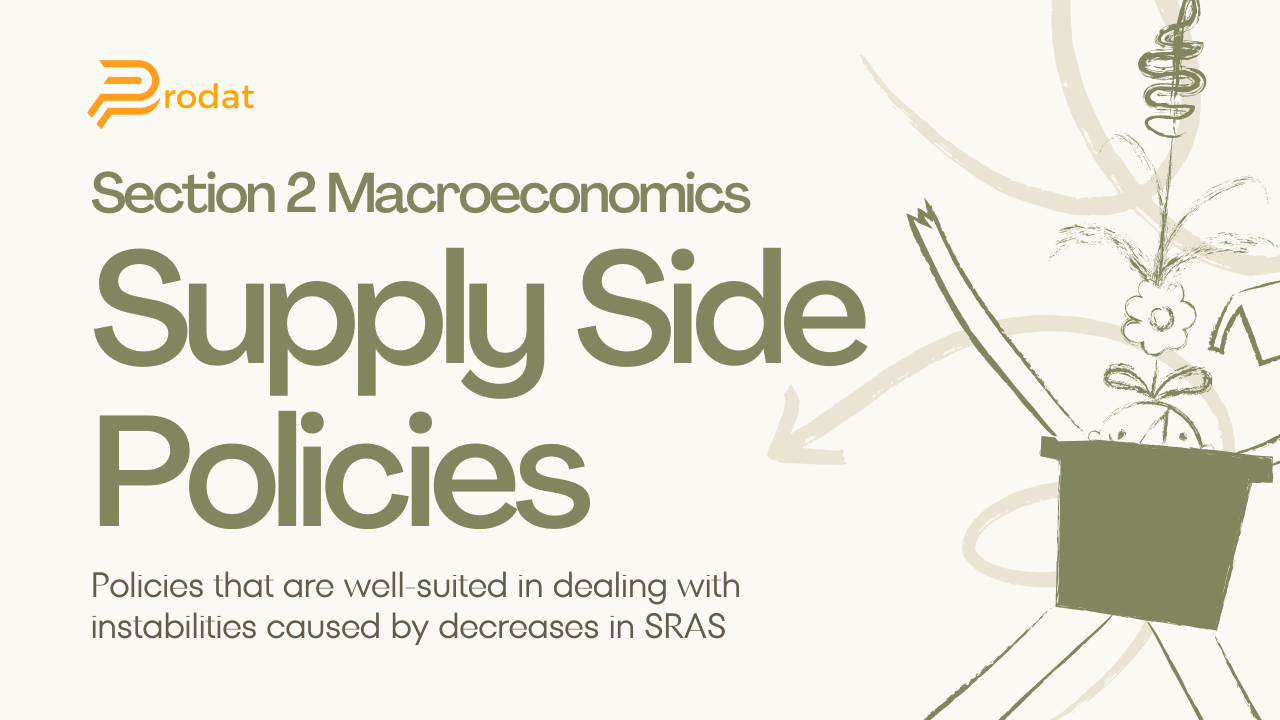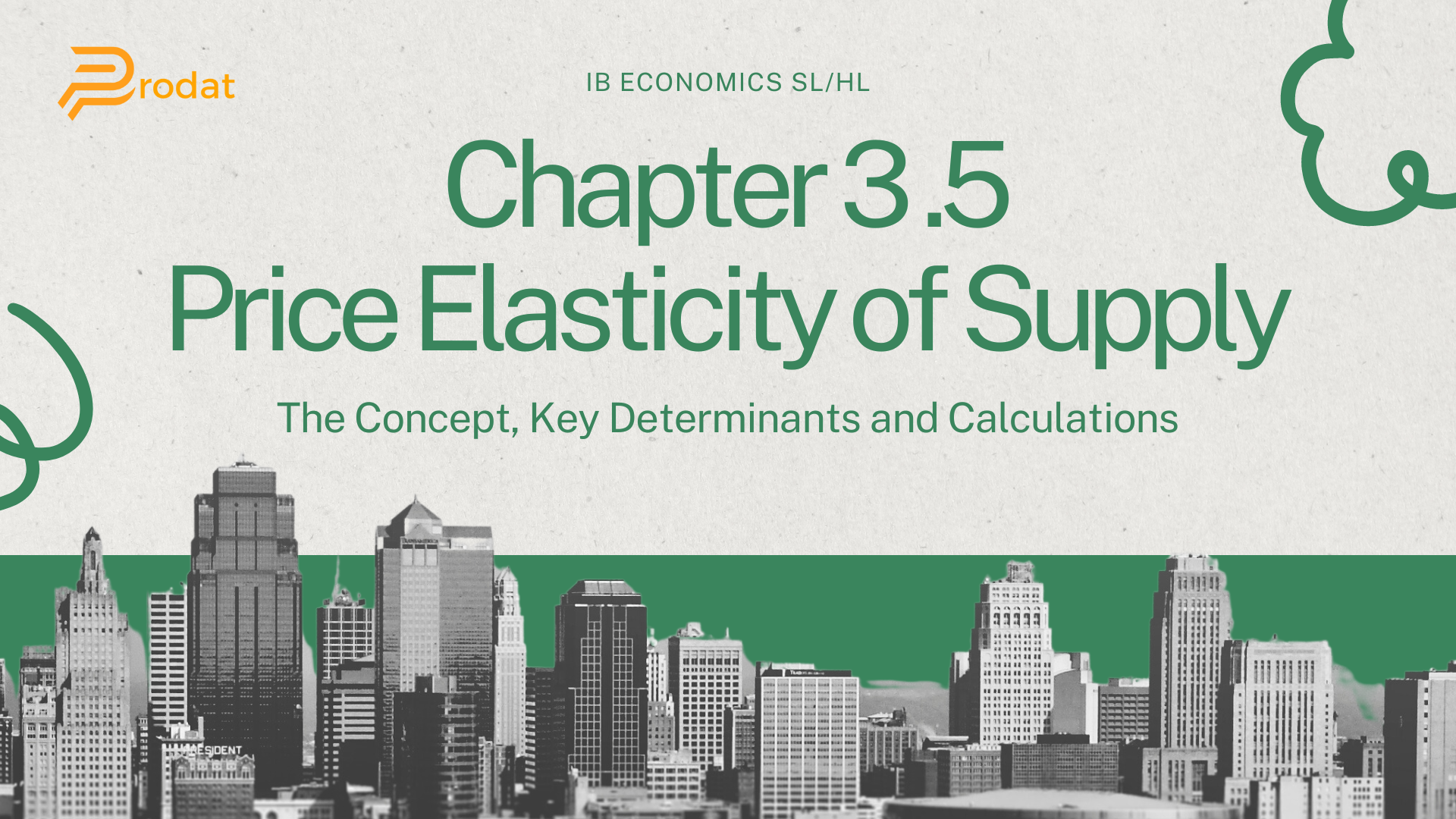Table of Contents
- Introduction to ESS
- Important Ideas to Remember about EVS (Environmental Value Systems)!
- Different Types of Environmental Philosophies/EVSs
Introduction to ESS
Now, as some of you might be wondering: What the heck is ESS?
ESS, or also known in its full form Environmental Systems and Societies, is an interdisciplinary course offered in the IB Diploma Programme, which means that it may be studied as either an individuals and societies or science course. Basically, this subject is a combination of both geography and biology into one course.
The topics range from investigating ecosystems and biomes such as tropical rainforests and deserts, to studying different biodiversities, examining the human population, etc
ESS is a course where it provides students to acquire the knowledge and understanding of environmental systems in a wide variety of scales, and apply said knowledge, methodologies and skills to analyze and grapple this course and different global issues at a wide variety of scales.
As we move on to the main depths of ESS known as an environmental value systems (also known as an EVS), there are several key terms and ideas to remember about this terminology!
Important Ideas to Remember about EVS (Environmental Value Systems)!
- Firstly, what is an EVS? An EVS is a worldview or paradigm that shapes the perspectives of an individual or group of people surrounding various environmental issues. These perspectives are influenced by a cultural, religious, economic and socio-political context.
- Our environmental value systems influences how we see environmental issues.
- Historical events and other influences (such as the ones mentioned above) affect the development of environmental values systems, as well as environmental movements.
- We consider EVS as a system as it is may also be influenced by an individual’s education, culture and media (inputs), which involves a set of inter-related premises, with values and arguments that can generate consistent decisions and evaluations (outputs).
Different Types of Environmental Philosophies/EVSs
There are different classifications of environmental philosophies, and the major EVSs are:
- Ecocentric Worldview: it places ecology and nature as central to humanity, emphasizing on a less materialistic approach to life and is life centered– respecting the rights of nature and the dependence of humans on nature and has a holistic view of life that’s earth centered. Extreme ecocentrists are called deep ecologists.
- Anthropocentric Worldview: it is the belief that humans must sustainably manage the global system through the use of taxes, environmental regulation and legislation. It is human centered- which humans are not dependent on nature but nature being a benefit to humankind.
- Technocentric Worldview: the belief that technological developments can provide solutions to environmental problems. Environmental managers are technocentrists. Extreme technocentrists are called cornucopians.
Here are the other categories of different EVS, with some having relations to the ones previously mentioned above!
- Cornucopians: individuals who view the world as having an infinite number of resources to benefit humanity. These individuals who think that through technology and our inventiveness, any environmental problems can be solved and have our living standards continue to improve daily.
- Environmental Managers: individuals who see the earth as a garden that needs tending, also known as the stewardship worldview, and that humans have an ethical duty to protect and nurture the earth.
- Econcentric Worldview: individuals that believe that the views above are simplistic, as we ourselves don’t know the types of species that are alive on earth at this very moment and are also unaware on how these species interact amongst other species.
- Biocentric Worldview: individuals who see all life as having an inherent value – a value for their own sake, and that they are just not there to provide for the humankind. Examples are these individuals seeing animals as not just resources for hunting and eating, tress for logging, lakes for fishing, etc.
Why did I mention all of these different types of worldview’s, you may ask.
If you are ever thinking of taking ESS as a subject during your IB Diploma Programme, it is very important to remember that these worldview’s are applied throughout the entire syllabus of the ESS course, so go over these for any chapter that you will be learning in ESS.
And that’s it for today folks!

If you’re having trouble surrounding your English IO, check out this blog right here 🙂
Resources used:



